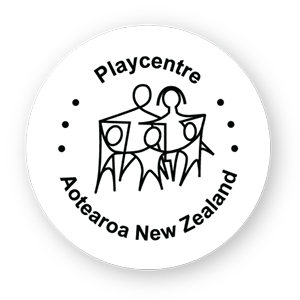Across New Zealand, different Playcentres have been celebrating Matariki with songs, stories and role-play, sparklers, glow sticks and lanterns, soup, star biscuits and marshmallows. Across all their stories, one feature blazes brightly: the fire.
The families at Rolleston Playcentre have a strong tradition of get-togethers outside of session time, as Renee Lyons, Mum to Max (5) and Gus (2), explains. ‘We know how to have fun after hours. Traditionally we have an end-of-term barbeque and invite Dads and extended whānau along.’
The first rising of Matariki, which signals the Maori New Year, was an occasion for such celebration – after hours. And what better way than with fish and chips and a fire? The children also had lanterns – glass jars decorated with tissue paper and sequins, with real tea lights inside. ‘The LED lights were more expensive, and we considered the learning that goes with having a real flame: you have to be careful and you can’t blow on it.’
As Renee shares, ‘we had around ten families attending, including Dads and siblings, and we just hung out around the fire’. In many respects the evening was all about the ‘wee fire’, not least because of the warmth it offered on a fresh winter evening.
There is something unmistakably ‘Kiwi’ about sharing fish and chips with friends and toasting marshmallows over a fire; but the occasion prompted discussions about other cultural traditions that families observe. ‘We had a parent from Argentina share a tradition around seeing in the New Year, where they write one bad thing from the year that has been, as well as one hope for the year ahead’, shares Renee. ‘I love it how our families share their special traditions and their creative ideas.’
‘Our after-hours get-togethers definitely strengthen and broaden relationships’, says Renee. ‘The kids love having their Dads or siblings there and get excited about seeing each other outside of “Playcentre time” – especially when it’s dark!’
Focusing on something as vast and dazzling as the universe and the stars, the significance of this ‘wee’ celebration was indeed far-reaching: it promoted discussion about different cultural traditions; it brought together different generations of people; it acknowledged the collective investment and commitment of families; and it created lifelong memories.
But, in the light of the darkness, the celebration was meaningful and magical because, quite simply, it was about people coming together around the fire. As Renee points out, ‘it’s the simple things that matter to kids’.
And speaking of the fire, she adds that, ‘in their excitement, the kids were really sensible and safe around it.’

